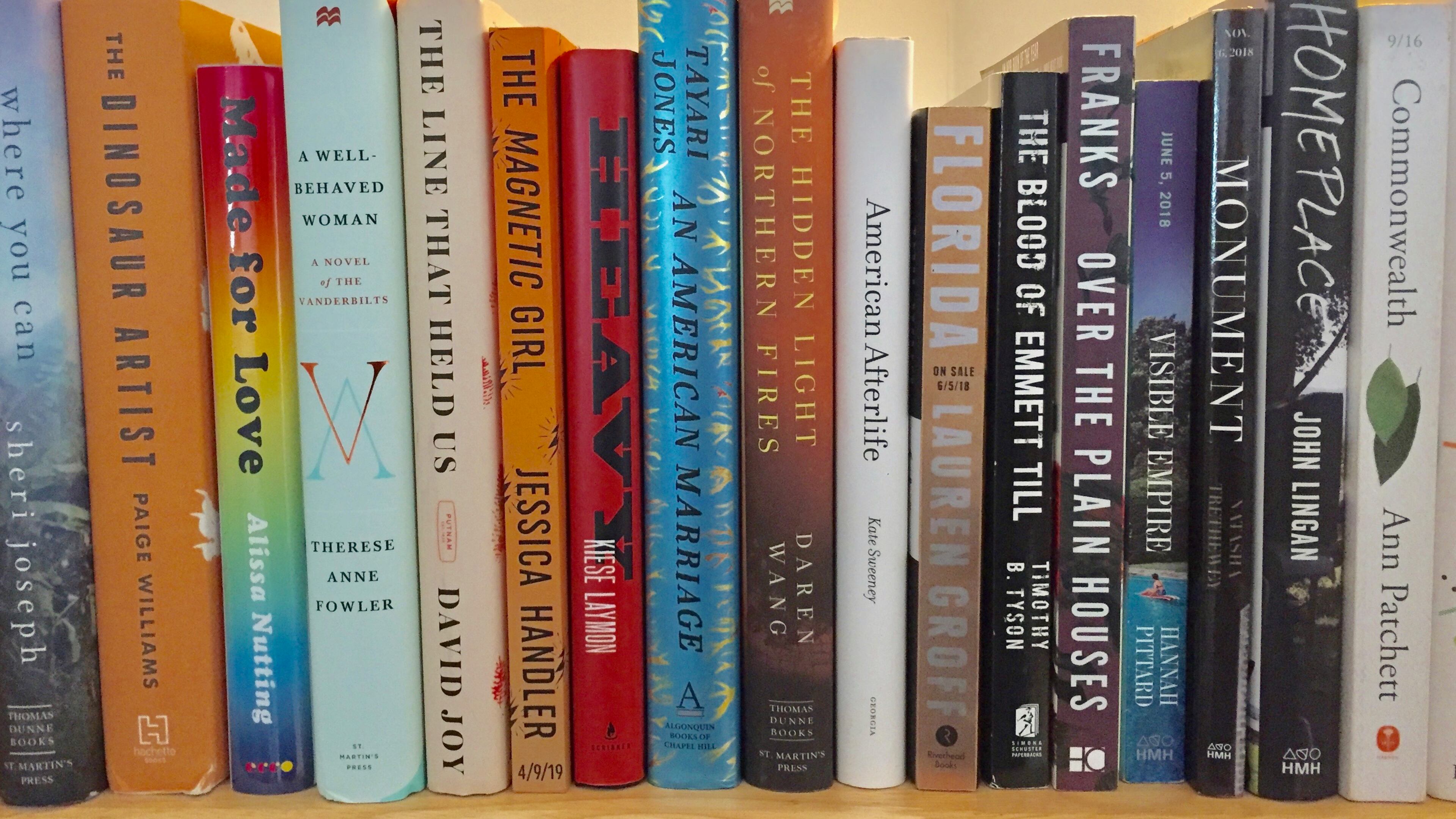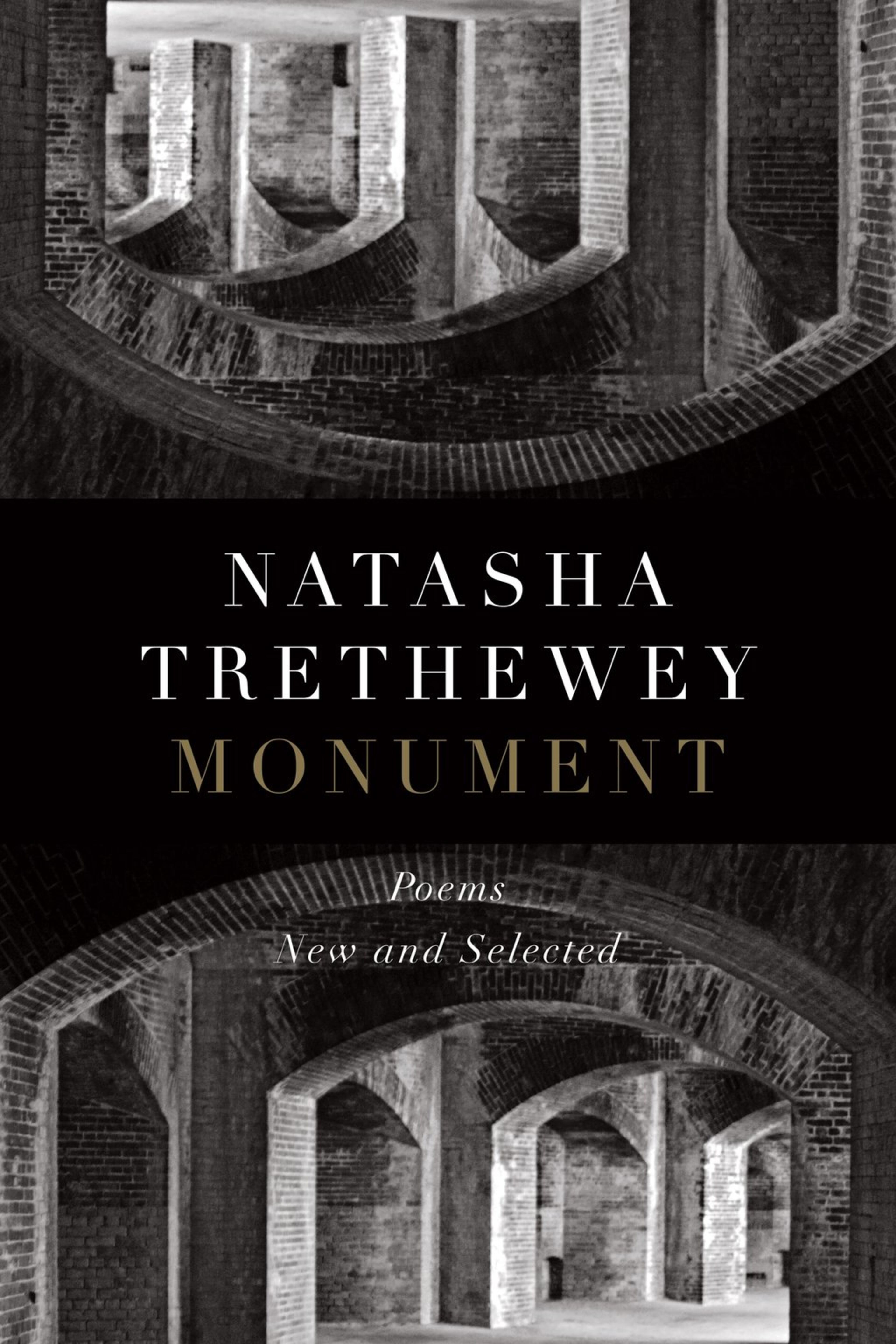Trethewey’s poetry retrospective digs deep, unearths truths

Natasha Trethewey turned to poetry to make sense of what happened after her mother was kidnapped and murdered more than three decades ago.
In 1985, Trethewey’s stepfather pleaded guilty to the crime in DeKalb County and was sentenced to two consecutive life terms behind bars. Trethewey has said her first attempts at writing poetry about her mother were not successful. But she kept at it for two decades, drawing inspiration and comfort from other poetry, including W.H. Auden’s “Musée des Beaux Arts,” a multilayered poem about the mundane routines of life carrying on amid a tragedy. Moving back to the Atlanta area — closer to where she one lived with her family — helped Trethewey recover her memories of her mother.
Searing and unforgettable, the pieces she eventually wrote are among the most powerful in "Monument," a retrospective collection of the former Emory University professor's work. Longlisted for this year's National Book Awards, "Monument" draws from her collections "Domestic Work," "Bellocq's Ophelia," "Native Guard," "Congregation," and "Thrall." It also includes 11 new poems written over the last decade.
The scope of “Monument” is impressive. Demonstrating her versatility, Trethewey writes about growing up in the Jim Crow South, the daughter of a black mother and white father. She writes about black Union Army troops — some former slaves — who guarded Confederate prisoners of war. And she writes about a mixed-race prostitute photographed in New Orleans in the early 20th century.
In the title poem, the Pulitzer Prize winner and two-time U.S. poet laureate focuses on her mother as she observes a colony of ants busy at work on her grave site. They disappear into the ground like “everything I’ve forgotten,” bringing up soil of which her mother is a part and piling it before her. Her tactile descriptions place us squarely in the cemetery with her.

“At my mother’s grave, ants streamed in / and out like arteries, a tiny hill rising / above her untended plot. Bit by bit, / red dirt piled up, spread / like a rash on the grass”
Trethewey tries not to begrudge the ants their work, calling the mound of soil they create a “reminder of what I haven’t done.” It is as if the ants are mining painful memories, some urgent truth, that Trethewey has been avoiding.
“Monument” closes with a powerful metaphor about trauma and the memory of it.
“Even now, / the mound is a blister on my heart, / a red and humming swarm.”
The anthill becomes a painful but important scar, a reminder of what Trethewey has endured and what inspires her creativity.
For writers, conveying a sense of touch can be particularly challenging, but Trethewey consistently delivers. And in doing so, she brings us into her arresting scenes, where we can share the same wonder and heartache she experiences. Consider these transportive lines: “rats licking the insides of broken eggs,” “my heart battering my rib cage — / a trapped, wild bird” and “the sounds in my mother’s throat / rippling down into my blood.”
Skilled poets know when it is time to pull back for a wider view. Many of Trethewey’s pieces focus broadly on race and history before zooming in for intimate close-ups of her characters. She does this effectively in “Self-Employment, 1970,” a poem about a seamstress with noisy grandchildren and a broken air conditioner. The piece starts with the grandmother choosing which wig to wear and then getting to work, “pumping the stiff pedal / of the bought-on-time Singer.” Next, Trethewey brings us in for a closer look as the woman endures the sweltering weather: “Sometimes she just stands still, lets / ice water drip onto upturned wrists. / Up under that wig, her head / sweating, hot as an idea.”
Trethewey takes a similar approach with “His Hands,” a moving poem about a tender relationship between a man and a woman, who may be lovers. The piece ends with a vivid scene illustrating how love can be conveyed through touch.
“Putting her hands to his, she pulls him in, / sets him by the stove. Slowly, she rubs oil / into his cracked palms, drawing out soreness / from the swells, removing splinters, taking / whatever his hands will give.”
Trethewey’s collection is packed with lyricism. The rigging of shrimp boats in Gulfport, Miss., for example, “are loose stitches / in a sky threatening rain.” And the hole in her neighbor’s tree trunk becomes “a natural shelter, haven for small creatures, but also evidence of injury, an entrance for decay.”
Her most effective work is about her family. Several poems focus on her younger brother, Joel, who was 11 when their mother was killed. In “Meditation at Decatur Square,” Trethewey illuminates what life was like for her brother, who was convicted of a drug-related charge as an adult. She infuses the poem with hopefulness about his prison, where everything was “a story unfinished.”
“The letters he wrote / for inmates who could not write, who waited / each day for an answer to arrive; the library / with too few books, the last pages ripped out / so someone could roll a cigarette. To get by, / he read those books, conjuring new endings / where the stories stopped. Inside, everything / was possibility, each graving a pathway, one / word closer to the day he’d walk out of prison / into the rest of his story – a happy one or not, / depending on where you marked the ending.”
Like the ants in her mother’s cemetery, Trethewey digs deep. And the meaning she unearths from her “cluttered house of memory” is tragic, beautiful and conscience-raising. Reading it reminds us it takes guts to confront painful parts of our past. It reminds us how alike we all are. And it reminds us we are not alone.
POETRY
‘Monument’
By Natasha Trethewey
Houghton Mifflin Harcourt
208 pages, $26


